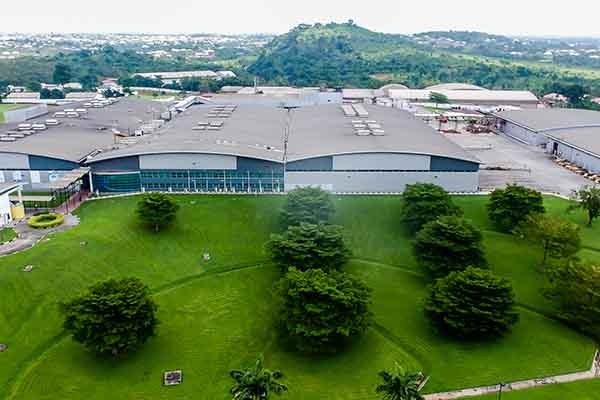British American Tobacco’s (BAT) Ibadan site joins the top three Alliance for Water Stewardship Core certified companies in Nigeria. The certification was awarded to the producer of consumer goods (tobacco, cigarettes, etc.) by the Alliance for Water Stewardship (AWS), a global partnership of companies, non-governmental organisations (NGOs) and the public sector. The AWS Core certification recognises the promotion of responsible water management practices.
Indeed, BAT’s Ibadan site has reduced its water withdrawal from the wild by 14.4%, in line with its 2025 sustainability priorities. “By that time, we aim to reduce the total amount of water we withdraw for our own operations by 35% as they depend on the sustainability of natural resources,” says BAT.
A 3-year certificate
To take its approach a step further, BAT’s Ibadan site recycles water for various purposes, including irrigation in response to drought. The subsidiary of the American group British American Tobacco obtained this certification following an audit by inspectors from the Alliance for Water Stewardship. The alliance incorporates a wide range of criteria to assess the sustainable management of water on a site.
“All of the core criteria must be met as a minimum requirement for certification. Additional points are awarded for performance against the advanced indicators. The higher the number of points obtained, the higher the level of water management performance and certification of AWS,” says AWS. There are three levels of certification of the AWS standard that a site can achieve. The AWS Core certification (39 points) obtained by BAT and the AWS Gold (40 to 79 points) and AWS Platinum (over 80 points) certifications.
The certification of BAT’s Ibadan site will be active for three years, subject to successful completion of annual surveillance audits. It will enable the company to demonstrate the effectiveness of its water management practices to a wide range of audiences, such as retail customers, wholesalers, consumers, government agencies, regulators, NGOs, local civil society organisations, local communities, investors and development partners, etc.
Inès Magoum
